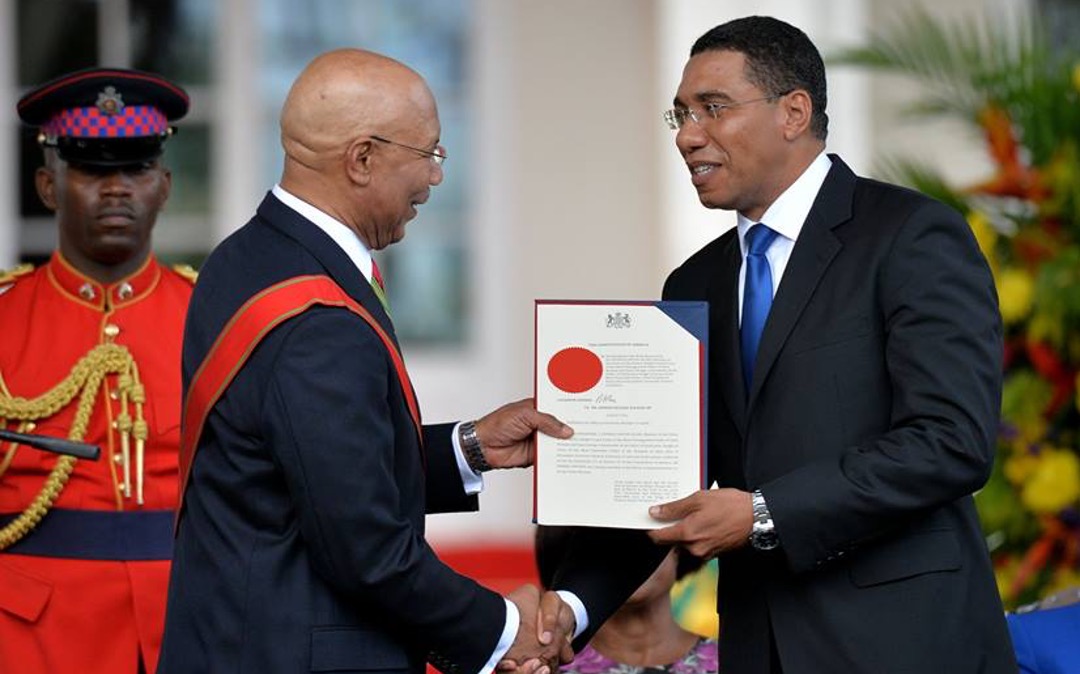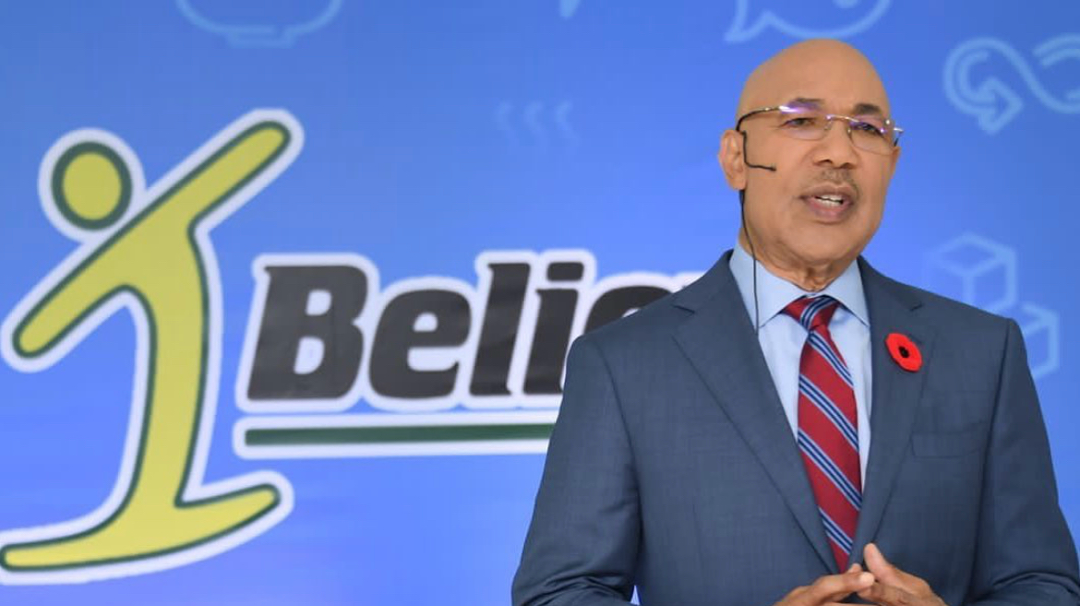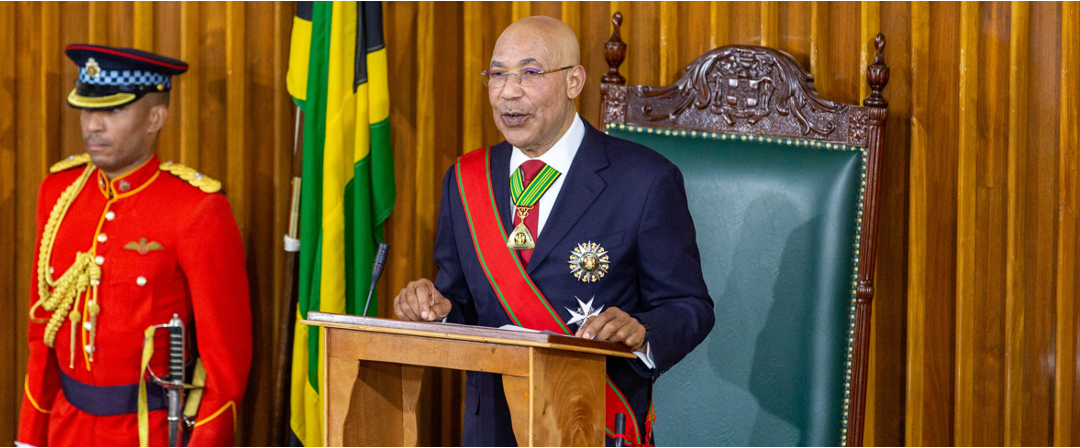Jamaica, a Constitutional Monarchy since its independence in 1962, appoints a Governor-General as the representative of the British monarch, currently King Charles III. Authorized by Section 27 of The Constitution, the Governor-General is more than just a representative; they act as a unifying figure, ensuring political impartiality and safeguarding the Jamaican Constitution. Their tenure is not fixed and can end due to various reasons, and in their absence, an acting Governor-General takes over. There’s also a Deputy Governor-General for short-term absences. The Governor-General’s headquarters is King’s House, supported by 82 staff members, and funded by the Consolidated Fund under section 31 (1) of The Constitution.
The Roles and Responsibilities of The Governor-General are Constitutional.
These are the responsibilities of The Governor-General that are mandated by The Constitution. These include appointing the Prime Minister, Leader of the Opposition, Cabinet Ministers, Senators, Members of the Privy Council, Senior Government Officers. The responsibilities also encompass exercising executive authority, granting the prerogative of mercy, giving assent to bills, and appointing members of Service Commissions issuing Proclamations for the proroguing and summoning of Parliament, and declaring States of Emergency.

The Roles and Responsibilities of The Governor-General are Legislative.
These refer to The Governor-General’s role in the law-making process. This includes giving Royal Assent to bills adopted by both Houses of Parliament, which is necessary for them to become law. He may reserve or withhold Royal Assent if he is not satisfied with a legislative bill as presented. The Governor-General also appoints the members of Commissions, Public Bodies and Tribunals, appoints and swears the Custodes, and grants the Waiver of Crown Rights to the relatives of persons who dies intestate.
The Roles and Responsibilities of The Governor-General are Ceremonial.
These are The Governor-General’s duties related to formal traditions and ceremonies. Some examples include delivering the Throne Speech during the Opening of Parliament, conferring National Honours and Awards, attending Independence Day celebrations and the Annual Armed Forces Day Parade, and participating in wreath-laying ceremonies on National Heroes Day and Remembrance Day. These duties also include hosting State Dinners and Luncheons for Royalty or visiting Heads of State.


The Roles and Responsibilities of The Governor-General are Social.
These are The Governor-General’s duties that involve representing Jamaica in social and cultural contexts, both domestically and internationally, attending community events, visiting educational institutions and hospitals, receiving representatives of the various organizations to which he has given Patronage, including Service Clubs, Youth Groups and National initiatives such as the Annual National Prayer Vigil and the National Leadership Prayer Breakfast. The Governor-General’s spouse often accompanies him to these events and plays a supportive role as he carries out these functions.


